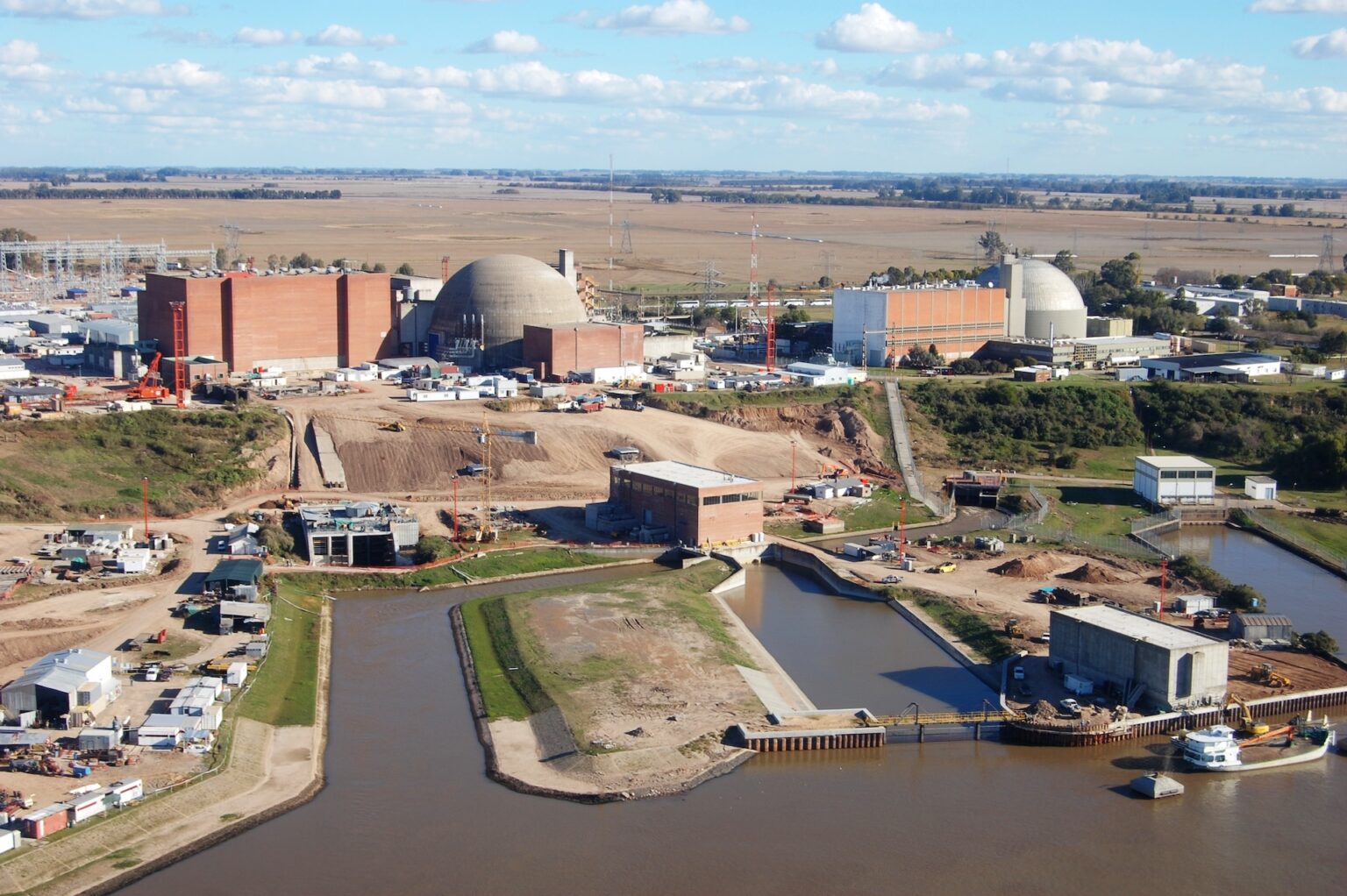Concerns about China’s growing influence are being raised by the initiative to construct Atucha III, Argentina’s fourth nuclear power plant. It seeks finance from the Asian country. As per the experts, the idea of financing the plant using Chinese funding could put Argentina in a precarious economic situation.
In February 2022, the agreement for the construction of Atucha III was inked, predating Argentine President Alberto Fernández’s trip to China.
Also read: A third and fourth Turkey Nuclear Power Plant to be Constructed
It is said that the agreement between Nucleoelectrica Argentina and the China National Nuclear Corporation called for the building of a 1,200 MW reactor at the Atucha Nuclear Complex. Also, the Argentine government stated in a statement in 2022, that the $8.3 billion investment will be mostly of Chinese origin.
Why Argentina requested China to fully fund the Atucha III project
However, Argentina requested China in April to completely finance the plant’s construction due to stresses on the country’s local economy. Argentina’s ability to pay the loan is currently under scrutiny. This is also the case with other developing countries.
The Atucha nuclear power complex is situated 100 kilometers from the Argentine city of Buenos Aires in Lima, on the right bank of the Parana de las Palmas River, in the Zarate district.
How does the Chinese loaning policy operate?
Chinese loaning policy operates with the same logic as a loan shark. This is according to Juan Belikow, an international relations professor at the University of Buenos Aires.
He also said that China loans to those who are seriously in debt. They are already aware that they won’t be likely to meet the repayments. Belikow said that China frequently provides funds for big projects. These funds are often in excess of their short- and medium-term needs, rendering them both commercially and economically unviable. As a result, there is a higher likelihood that repayment will be challenging.

